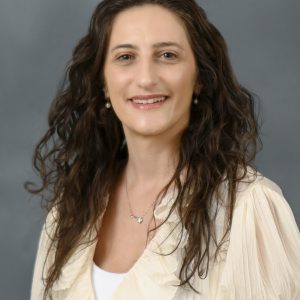
Sufficient Dimension Reduction for Conditional Quantiles for Functional Data
Dr. Eliana Christou, Associate Professor of Statistics in the Department of Mathematics and Statistics at the University of North Carolina at Charlotte, will be discussing about "Sufficient Dimension Reduction for Conditional Quantiles for Functional Data" on Wednesday, February 25th, 2026 at 3:30pm via zoom.
Zoom Link:
https://ucsb.zoom.us/j/89666373134?pwd=QDFxcXlKXuY9ZbtENGvLPomeVIB3np.1
Title:
Continue Reading Sufficient Dimension Reduction for Conditional Quantiles for Functional Data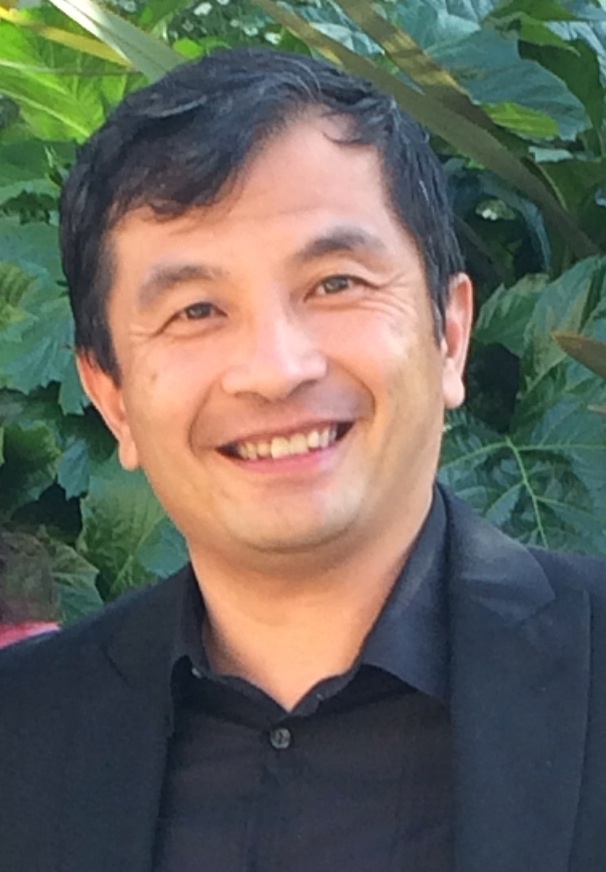
Systems Learning of Single Cells
Dr. Qing Nie, Distinguished Professor of Mathematics and Developmental & Cell Biology at UC Irvine, will be discussing about "Systems Learning of Single Cells" on Wednesday, February 11, 2026 in HSSB 1173 at 3:30pm.
Title:
Systems Learning of Single Cells
Abstract:
Continue Reading Systems Learning of Single Cells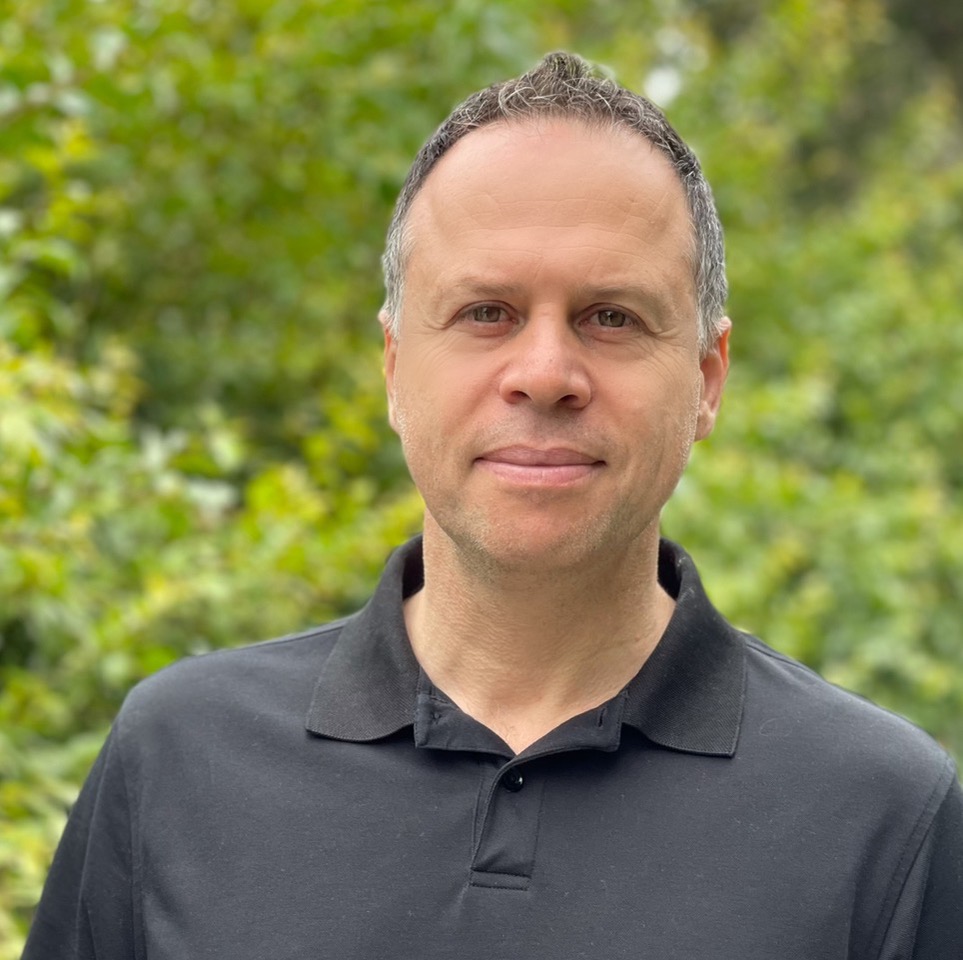
Meta Fusion: A Unified Framework For Multimodal Fusion with Adaptive Mutual Learning
Babak Shahbaba, Professor of Statistics at UC Irvine, will be speaking about "Meta Fusion: A Unified Framework For Multimodal Fusion with Adaptive Mutual Learning" on Wednesday February 4, 2026 at 3:30pm in HSSB 1173.
Title:
Meta Fusion: A Unified Framework For Multimodal Fusion with Adaptive Mutual Learning
Abstract:
Continue Reading Meta Fusion: A Unified Framework For Multimodal Fusion with Adaptive Mutual Learning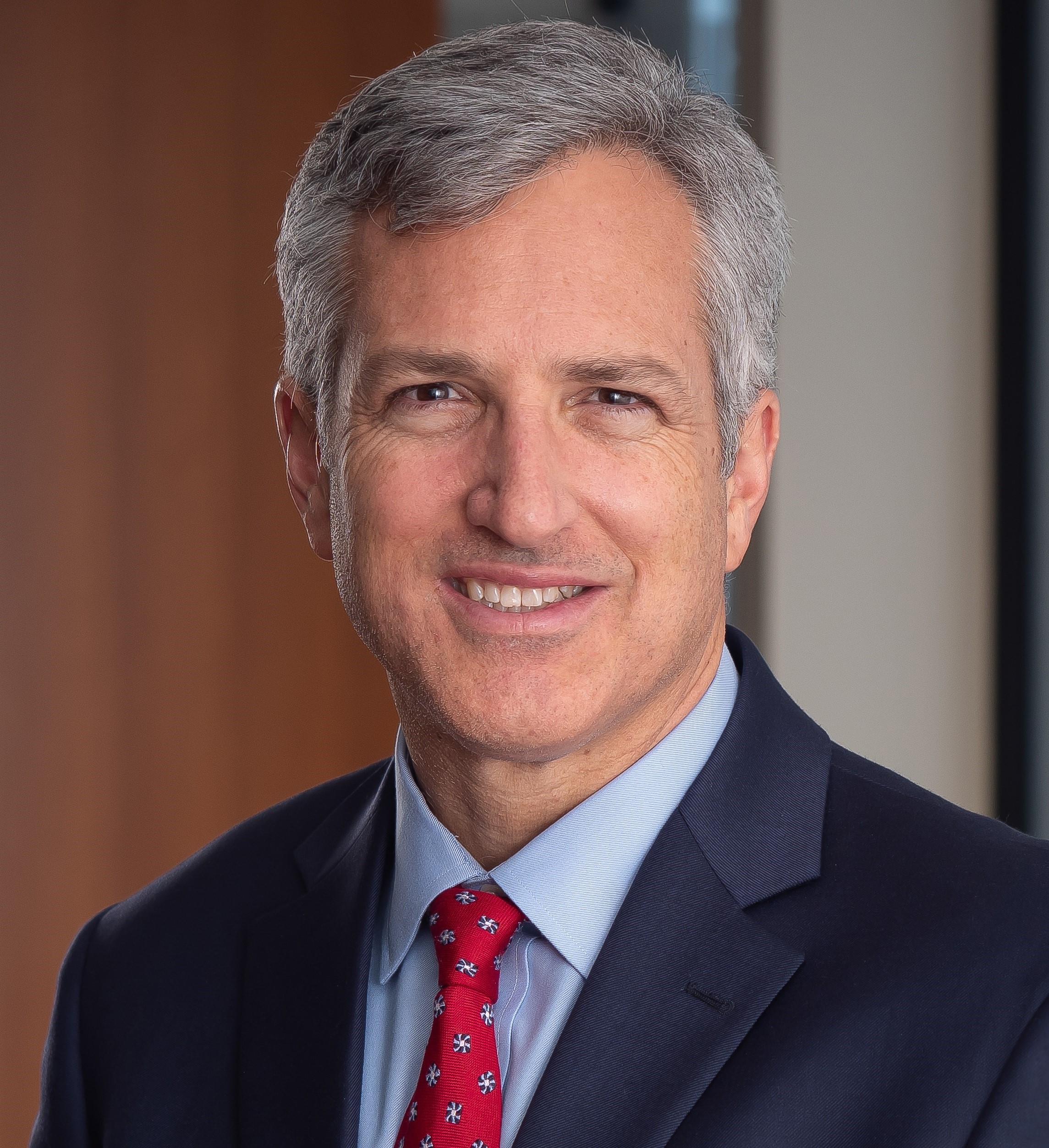
The Highly Versatile Angles Space of Positive Definite Dependence Measures: Causal Discovery, Inference, Sampling, and Generalized Entropy
JD Opdyke, Chief Analytics Officer at DataMineit, LLC, will be speaking about "The Highly Versatile Angles Space of Positive Definite Dependence Measures: Causal Discovery, Inference, Sampling, and Generalized Entropy" on Wednesday, January 28th from 3:30 - 4:30pm on Zoom.
Zoom Link:
https://ucsb.zoom.us/j/86037405872
Meeting ID: 860 3740 5872
Title:
Continue Reading The Highly Versatile Angles Space of Positive Definite Dependence Measures: Causal Discovery, Inference, Sampling, and Generalized Entropy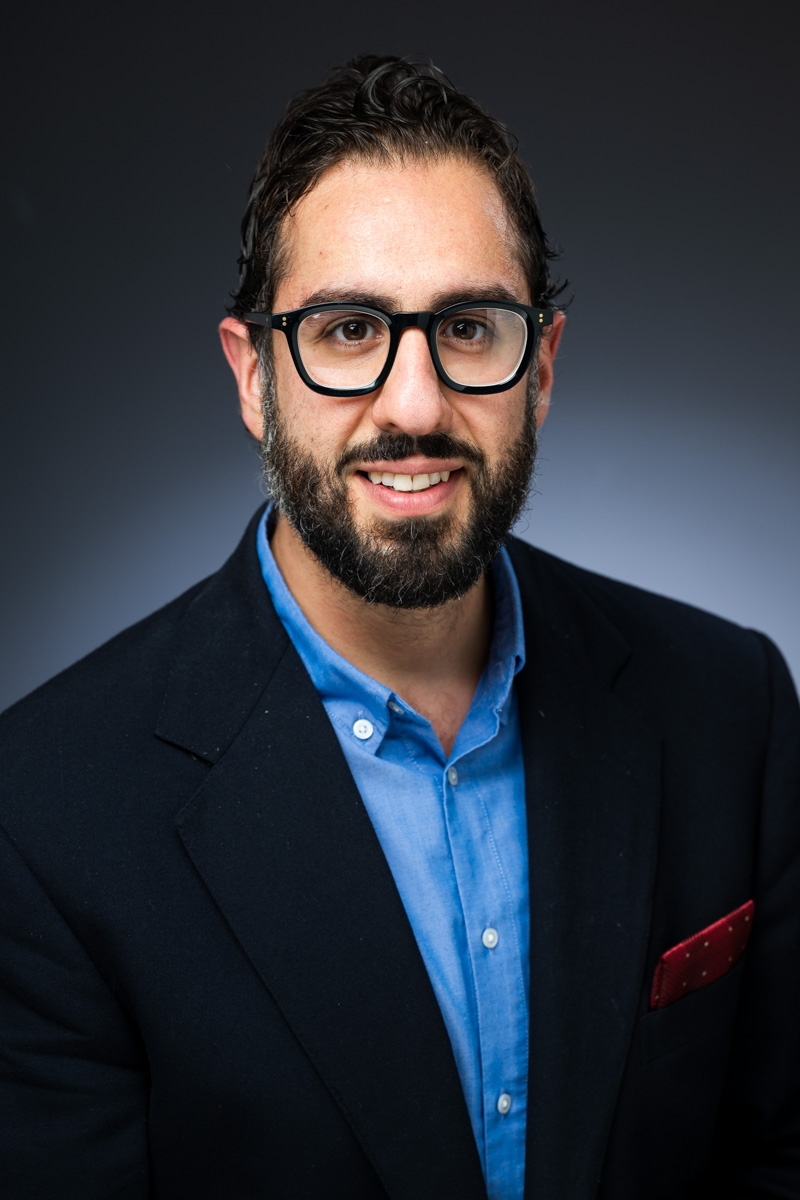
Intergenerational Income Mobility in the United States: A Racial-Spatial Account
Professor Masoud from the Department of Sociology here at UCSB will be speaking about "Intergenerational Income Mobility in the United States: A Racial-Spatial Account" on Friday, January 23rd at 3:30pm in Sobel Seminar Room (SH 5607F).
Title : Intergenerational Income Mobility in the United States: A Racial-Spatial Account
Continue Reading Intergenerational Income Mobility in the United States: A Racial-Spatial Account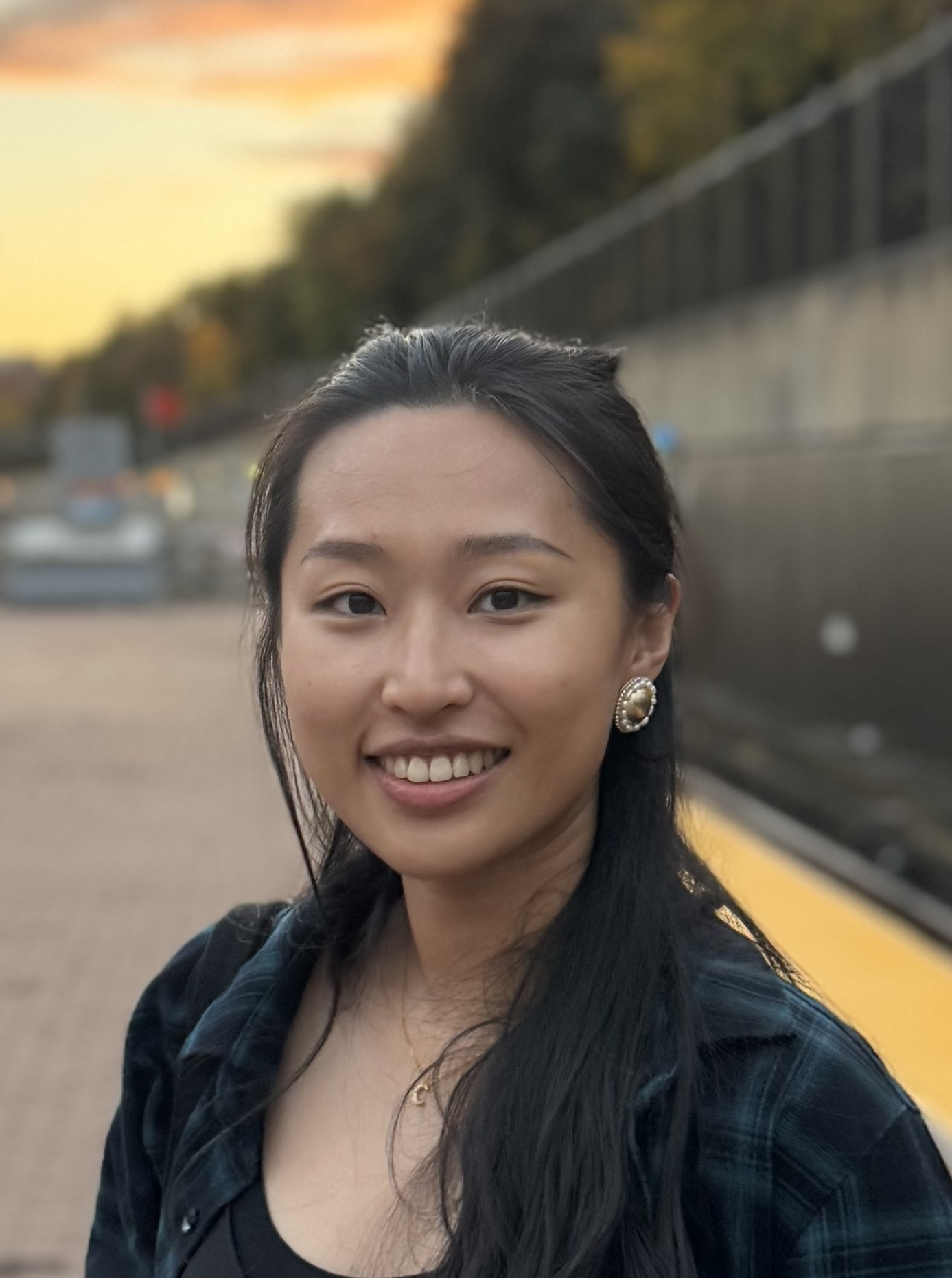
Data fusion under mixed censoring types
Sijia Li will be speaking on "Data fusion under mixed censoring types" this Wednesday, January 14th at 3:30pm in HSSB 1173
Title: Data fusion under mixed censoring types
Abstract:
Continue Reading Data fusion under mixed censoring types
Recent progress in statistical and computational optimal transport barycenters
Dr Xiaohui Chen from the University of Southern California will be discussing about "Recent progress in statistical and computational optimal transport barycenters" on Wednesday November 19 in HSSB 1173 from 3:30 - 4:30pm.
Title:
Recent progress in statistical and computational optimal transport barycenters
Abstract:
Continue Reading Recent progress in statistical and computational optimal transport barycenters
Learning Covariate-Dependent Gene Networks
Professor Yi Li from the University of Michigan will be discussing about "Learning Covariate-Dependent Gene Networks" on Wednesday November 12, 2025 at 3:30pm in HSSB 1173.
Continue Reading Learning Covariate-Dependent Gene Networks
Previous Seminars
Event Date:
Wednesday, June 4, 2025 - 3:30pm to 4:30pm
Event Date Details:
Wednesday June 4, 2025
Event Location:
Zoom
Event Price:
FREE
Event Contact:
Prof. Tomok Matsui
The Institute of Statistical Mathematics, Tokyo, Japan
Related Link:
Zoom Link
Abstract:
This seminar presents a generalized algorithm for closeness testing in sequential data, incorporating techniques derived from Markov chain analysis. The method is designed to assess the similarity or divergence of data sequences across varied domains. To illustrate the application and efficacy of this approach, we will discuss its deployment in analyzing COVID-19 case sequences over different time intervals, such as weekly and monthly. This approach not only facilitates a deeper understanding of data evolution but also demonstrates the versatility of closeness testing in handling complex sequential datasets in practical scenarios.
Short Bio:
Tomoko Matsui (Senior Member, IEEE) received a Ph.D. degree in computer science from the Tokyo Institute of Technology, Tokyo, Japan, in 1997. From 1988 to 2002, she was a researcher in several NTT laboratories, focusing on speaker and speech recognition. From 1998 to 2002, she was a senior researcher in the Spoken Language Translation Research Laboratory, ATR, Kyoto, focusing on speech recognition. In 2001, she was an invited researcher in the Acoustic and Speech Research Department, Bell Laboratories, Murray Hill, NJ, working on identifying effective confidence measures for verifying speech recognition results. She is currently a professor at The Institute of Statistical Mathematics, Tokyo, Japan, working on statistical spatial-temporal modeling for various applications, including speech and image recognition. She received the Best Paper Award from the Institute of Electronics, Information, and Communication Engineers of Japan, in 1993.
Event Date:
Wednesday, May 28, 2025 - 3:00pm to 4:00pm
Event Date Details:
Wednesday May 28, 2025
Event Location:
Zoom
Event Price:
FREE
Event Contact:
Lucas Johnson
Associate Professor of Statistics & Affiliate in Computer Science
Harvard University
Abstract:
We develop novel LASSO-based methods for coefficient testing and confidence interval construction in the Gaussian linear model with n ≥ d. Our methods’ finite-sample guarantees are identical to those of their ubiquitous ordinary-least-squares-t-test-
Short bio:
Lucas Janson is an Associate Professor of Statistics and Affiliate in Computer Science at Harvard University, where he studies high-dimensional inference and statistical machine learning.
Event Date:
Wednesday, May 21, 2025 - 3:30pm to 4:30pm
Event Date Details:
Wednesday May 21, 2025
Event Location:
HSSB 1174
Event Price:
FREE
Event Contact:
Dr. Steve Schramm
Abstract
Low value care, services that are inconsistent with evidenced-based medicine, expose patients to needless risk, and can cause adverse outcomes, remains a pervasive and costly issue in the U.S. healthcare system. This study analyzes administrative claims and eligibility data from three state Medicaid programs to evaluate ten low value care measures across categories of aid (COA), age, gender, ethnicity, and income proxies. Significant variation in both utilization and expenditure was found across states and subpopulations. We demonstrate that results are sensitive to how low value care is defined and calculated, underscoring the need for standardized methodologies. To address this, we propose a consistent measurement template to support comparability across states.
We also demonstrate relationships between low value care and patient characteristics. Focusing on the five highest-cost measures—such as early opioid prescribing for back pain and inappropriate imaging for uncomplicated conditions—we apply four regression approaches: (1) OLS with a log-transformed outcome, (2) a Tweedie GLM, (3) a two-part compound Poisson-Gamma model, and (4) a frequency-severity model combining binomial and gamma components. While some demographic characteristics showed weak associations with low-value care utilization, the models explained only a small share of variation, and the statistics suggest the models are mis-specified and are missing potentially important explanatory variables.
Our findings suggest that actuarial adjustment for demographic and programmatic differences is essential, and that more granular, state-specific research is needed to effectively inform Medicaid policy.
Keywords: Medicaid, low value care, health expenditures, value-based purchasing, regression modeling, measurement variation
Bio
Steve Schramm, PhD
Steve Schramm is a health economist with over four decades of experience in U.S. healthcare policy and reform. He earned his BA in Economics from Arizona State University, an MSc in Health Economics from the London School of Economics, and a PhD in Actuarial Sciences from the Cass Business School at City, University of London.
Dr. Schramm has advised both public and private sector clients across more than three dozen states, focusing on Medicaid transformation, payment reform, and strategies to improve health equity and access. His work has been featured by several non-partisan health policy organizations, and he is a frequent speaker on the future of healthcare delivery and financing in the U.S.
His current focus is on helping payers and policymakers navigate uncertainty and build systems that ensure timely, cost-effective access to services—particularly for underserved populations.
Event Date:
Friday, May 16, 2025 - 3:30pm to 4:45pm
Event Date Details:
Friday May 16th, 2025
Event Location:
Henley Hall 1010
Event Price:
FREE
Event Contact:
Prof. Daneila Witten
Annual Sobel Lecture, with Daniela Witten:
Established in 2004, this lecture has been a preeminent lecture of distinction in the Department of Statistics and Applied Probability at UCSB. The lecture was established in recognition of the contributions made to statistical sciences by Prof. Milton Sobel 1919-2002.
Abstract:
Suppose that a data analyst wishes to report the results of a least squares linear regression only if the overall null hypothesis—namely, that all non-intercept coefficients equal zero—is rejected. This practice, which we refer to as F-screening (since the overall null hypothesis is typically tested using an F -statistic), is in fact common practice across a number of applied fields. Unfortunately, it poses a problem: standard guarantees for the inferential outputs of linear regression, such as Type 1 error control of hypothesis tests and nominal coverage of confidence intervals, hold unconditionally, but fail to hold conditional on rejection of the overall null hypothesis.
In this talk, I will present an inferential toolbox for the coefficients in a least squares model that are valid conditional on rejection of the overall null hypothesis. I will present selective p-values that lead to tests that control the selective Type 1 error, i.e., the Type 1 error conditional on having rejected the overall null hypothesis. Furthermore, they can be computed without access to the raw data, using only the standard outputs of a least squares linear regression, and therefore are suitable for use in a retrospective analysis of a published study. I will also present confidence intervals that attain nominal selective coverage, and point estimates that account for having rejected the overall null hypothesis.
I will illustrate this selective procedure via re-analysis of a published result in the biomedical literature, for which the raw data is not available.
This is joint work with Olivia McGough (U. Washington) and Daniel Kessler (UNC Chapel Hill).
Speaker bio:
Daniela Witten is a professor of Statistics and Biostatistics at University of Washington, and the Dorothy Gilford Endowed Chair in Mathematical Statistics. She develops statistical machine learning methods for high-dimensional data, with a focus on unsupervised learning. She has received a number of awards for her research in statistical machine learning: most notably the Spiegelman Award from the American Public Health Association for a (bio)statistician under age 40, and the Presidents’ Award from the Committee of Presidents of Statistical Societies for a statistician under age 41. Daniela is a co-author of the textbook "Introduction to Statistical Learning".
Event Date:
Wednesday, April 23, 2025 - 3:30pm to 4:30pm
Event Date Details:
Wednesday, April 23rd, 2025
Event Location:
Zoom
Event Price:
FREE
Event Contact:
Dr. Abolfazl Safikhani
Assistant Professor, Department of Statistics
George Mason University
Abstract:
The objective of transfer learning is to enhance estimation and inference in a target data by leveraging knowledge gained from additional sources. Recent studies have explored transfer learning for independent observations in complex, high-dimensional models assuming sparsity, yet research on time series models remains limited. Our focus is on transfer learning for sequences of observations with temporal dependencies and a more intricate model parameter structure. Specifically, we investigate the vector autoregressive model (VAR), a widely recognized model for time series data, where the transition matrix can be deconstructed into a combination of a sparse matrix and a low-rank one. We propose a new transfer learning algorithm tailored for estimating high-dimensional VAR models characterized by low-rank and sparse structures. Additionally, we present a novel approach for selecting informative observations from auxiliary datasets. Theoretical guarantees are established, encompassing model parameter consistency, informative set selection, and the asymptotic distribution of estimators under mild conditions. The latter facilitates the construction of entry-wise confidence intervals for model parameters. Finally, we demonstrate the empirical efficacy of our methodologies through both simulated and real-world datasets.
Short Bio:
Dr. Safikhani is currently an assistant professor in the department of statistics at George Mason University. He received his PhD from the department of statistics and probability, Michigan State University. Prior to GMU, he has held positions at Columbia University and University of Florida. His main research interests include network modeling, high-dimensional statistics, spatio-temporal models, transfer learning, change point detection, and applications in urban planning, neuroscience, and smart cities. His research has been supported by NSF. He is currently an associate editor for Technometrics, Statistica Sinica, and Data Science in Science.
Event Date:
Wednesday, April 16, 2025 - 3:30pm to 4:30pm
Event Date Details:
Wednesday April 16, 2025
Event Location:
HSSB 1174
Event Price:
FREE
Event Contact:
Speakers: Prof Alex Franks, Prof Wendy Meiring, Prof Yuedong Wang
Abstract:
Three faculty members (Alex Franks, Wendy Meiring, Yuedong Wang) will introduce their research projects. This seminar is intended to introduce research directions / projects of some PSTAT faculties and help junior graduate students to find interesting research topics. Therefore, we would highly encourage all junior graduate students to attend the seminar.
Bio of the speakers (from their websites):
Alex Franks is an Associate Professor in the Department of Statistics and Applied Probability at the University of California, Santa Barbara. His research interests include causal inference and sensitivity analysis, covariance estimation, missing data and measurement error, high throughput applications in biology (“omics”), Bayesian statistics and sports.
Wendy Meiring is a Professor in the Department of Statistics and Applied Probability at the University of California, Santa Barbara. Prof Meiring's research interests include Statistics of space-time processes, evaluation of geophysical models, environmental statistics.
Yuedong Wang is a Professor in the Department of Statistics and Applied Probability at the University of California, Santa Barbara. His current interests include machine learning, nonparametric and semiparametric methods, smoothing splines, mixed-effects models, state-space models, survival analysis, longitudinal data, functional data analysis, and biostatistics.
Event Date:
Wednesday, April 9, 2025 - 3:30pm to 4:45pm
Event Date Details:
Wednesday April 9, 2025
Event Location:
HSSB 1174
Event Price:
FREE
Event Contact:
Mladen Kolar
Professor of Data Science & Operations
University of Southern California
Abstract:
Many real-world systems—ranging from gene regulatory interactions in biology to financial asset dependencies—can be represented by networks, whose edges correspond to conditional relationships among variables. These relationships are succinctly captured by the precision matrix of a multivariate distribution. Estimating the precision matrix is thus fundamental to uncovering the underlying network structure. However, this task can be challenging when the available data for the target domain are limited, undermining accurate inference.
In this talk, I will present Trans-Glasso, a novel two-step transfer learning framework for precision matrix estimation that leverages data from source studies to improve estimates in the target study. First, Trans-Glasso identifies shared and unique features across studies via a multi-task learning objective. Then, it refines these initial estimates through differential network estimation to account for structural differences between the target and source precision matrices. Assuming that most entries of the target precision matrix are shared with at least one source matrix, we derive non-asymptotic error bounds and show that Trans-Glasso achieves minimax optimality under certain conditions.
Through extensive simulations, Trans-Glasso demonstrates improved performance over standard methods, especially in small-sample settings. Applications to gene regulatory networks across multiple brain tissues and protein networks in various cancer subtypes confirm its practical effectiveness in biological contexts, where understanding network structures can provide insights into disease mechanisms and potential interventions. Beyond biology, these techniques are broadly applicable wherever precision matrix estimation and network inference play a crucial role, including neuroscience, finance, and social science.
This is joint work with Boxin Zhao and Cong Ma.
Short bio of the speaker:
Mladen Kolar is a professor in the Department of Data Sciences and Operations at the USC Marshall School of Business. Mladen earned his PhD in Machine Learning from Carnegie Mellon University in 2013. His research focuses on high-dimensional statistical methods, probabilistic graphical models, and scalable optimization methods, driven by the need to uncover interesting and scientifically meaningful structures from observational data. Mladen was selected as a recipient of the 2024 Junior Leo Breiman Award for his outstanding contributions to these areas. He currently serves as an associate editor for the Journal of Machine Learning Research, the Annals of Statistics, the Journal of Computational and Graphical Statistics, and the New England Journal of Statistics in Data Science.
Event Date:
Wednesday, April 2, 2025 - 3:30pm to 4:45pm
Event Date Details:
Wednesday April 2, 2025
Event Location:
HSSB 1174
Event Price:
FREE
Event Contact:
Dr. Joel Rothman
Distinguished Professor, Wilcox Family Chair in Biotechnology, and founding Director of the Center for Aging and Longevity Studies at UC Santa Barbara
Abstract:
Aging is a complex process involving the interplay of molecular, cellular, physiological, and behavioral functions. Understanding the mechanisms of aging and longevity, and developing interventions that promote healthy aging, require large-scale, multi-dimensional datasets, ranging from “omic” analyses to studies of behavioral and demographic trends. This seminar will highlight ongoing research in the Center for Aging and Longevity Studies at UCSB. We hope to explore avenues for potential collaborations between longevity researchers and experts in probability, statistics, data science, and AI applications with the goal of advancing predictive models and analytical tools that deepen our understanding of aging and extension of healthy lifespan.
Short Bio:
Dr. Joel Rothman is Distinguished Professor, Wilcox Family Chair in Biotechnology, and founding Director of the Center for Aging and Longevity Studies at UC Santa Barbara. He received doctoral training at UC San Francisco and the University of Oregon and carried out post-doctoral studies at the Medical Research Council’s Laboratory of Molecular Biology, Cambridge, UK. He was Chair of the Department of MCD Biology and Director of the Biomolecular Science and Engineering Program at UCSB and also held faculty positions at the University of Wisconsin, Madison and the University of Auckland, New Zealand. Dr. Rothman has served on editorial boards of Current Biology, Apoptosis, Developmental Dynamics, and Developmental Biology and as chair of NIH grant panels, member of the Damon Runyon Cancer Foundation Postdoctoral Fellowship Award Committee, Trustee of the Cancer Foundation of Santa Barbara, co-director of the international Woods Hole Marine Biological Laboratory Embryology course, and Director of the UCSB Howard Hughes Medical Institute Undergraduate Education Program and the UCSB NIH MARC Program. For over three decades his laboratory has investigated aging, longevity, and regenerative medicine, supported by research grants from the NIH and many other agencies. He is an elected Fellow of the American Association for the Advancement of Science.
Short overview of CALS:
The Center for Aging and Longevity Studies (CALS) is dedicated to improving human lives by extending the period of healthy lifespan, preventing or forestalling age-related diseases, and guiding the impact of extended longevity on society. CALS is among the most interdisciplinary research centers at UCSB, encompassing 40 faculty and research groups across 17 academic departments in the College of Engineering and all three divisions of Letters and Science. The Center includes over 350 affiliated researchers engaged in studies in Biomedicine, Engineering, Computer Science, Chemistry, Physics, Economics, Actuarial Research, Psychology, Social Sciences, and the Humanities. Research in the Center is advanced with high-throughput facilities that catalyze the discovery of preventive interventions in aging. The Center is also developing a clearinghouse of reliable information for the public, allowing them to make informed decisions about measures for improving healthy aging based on rigorous science.